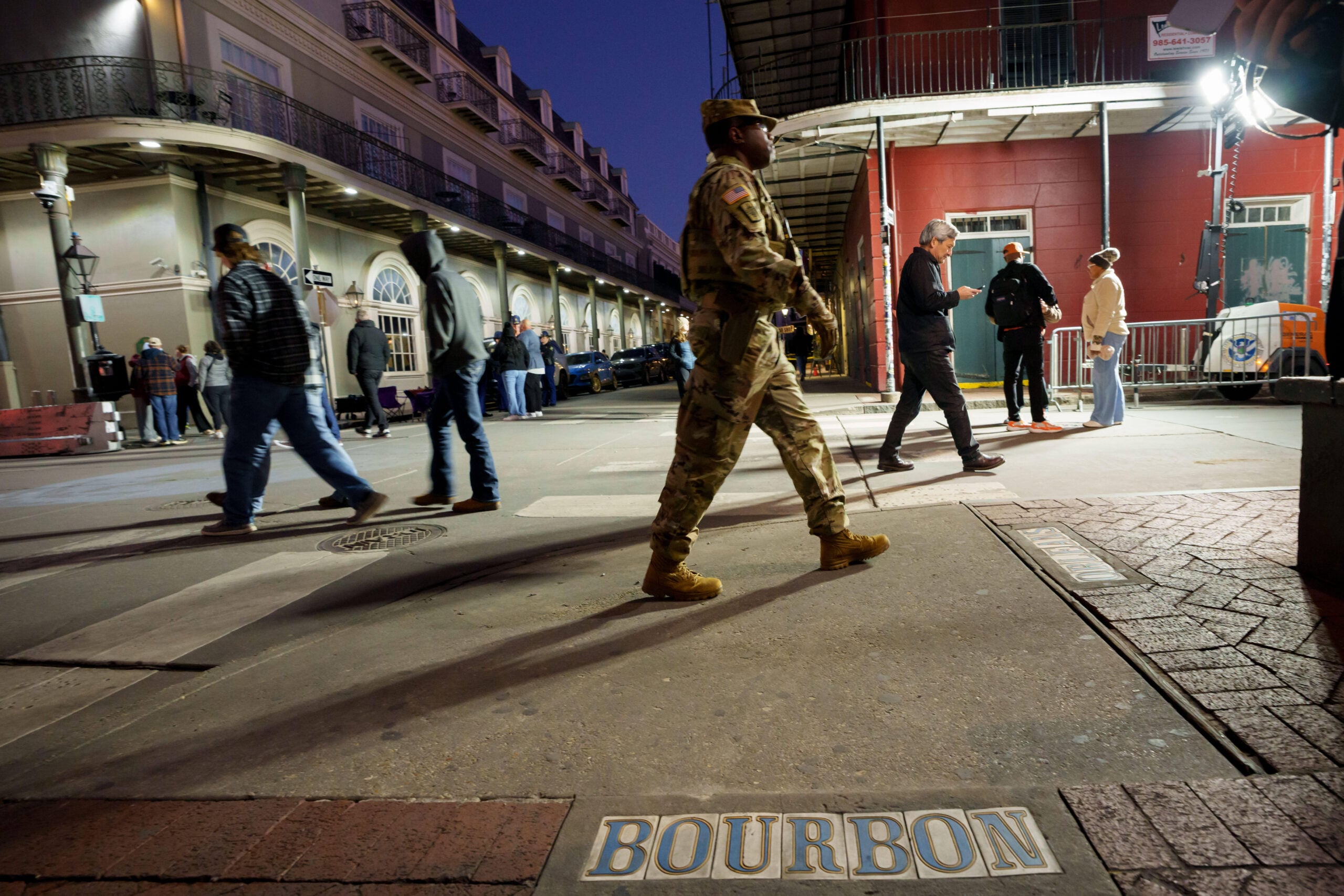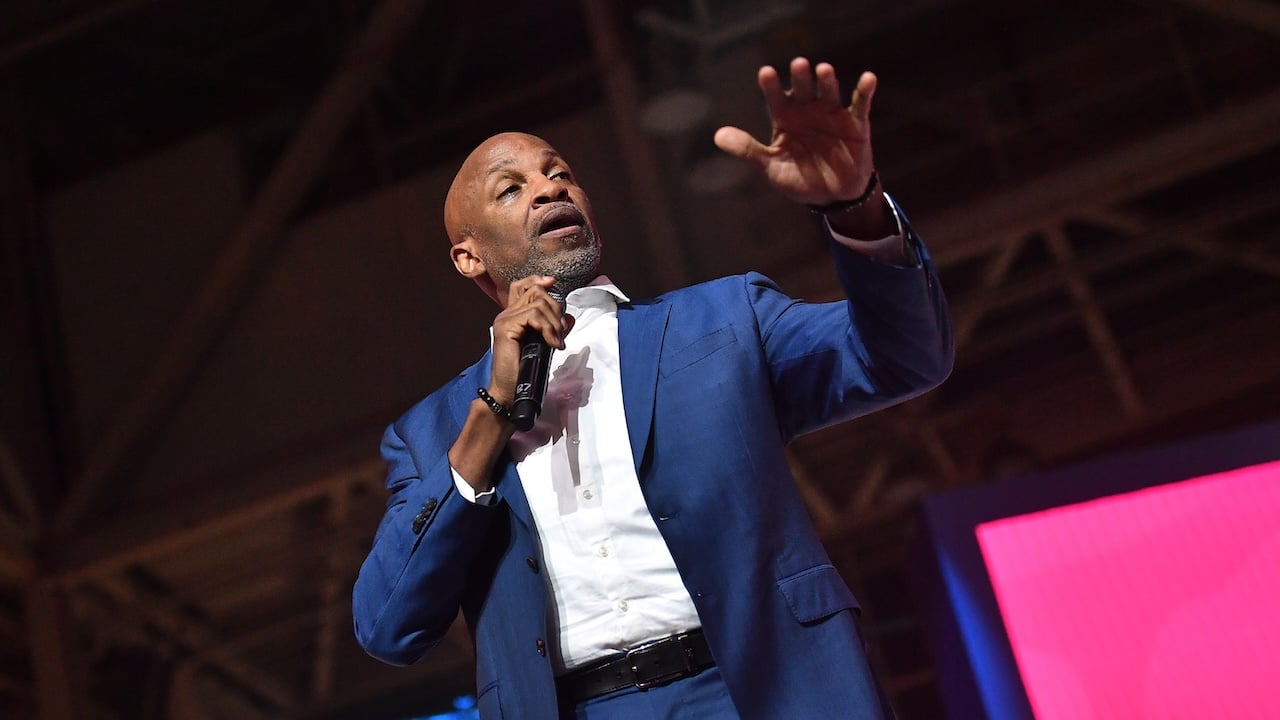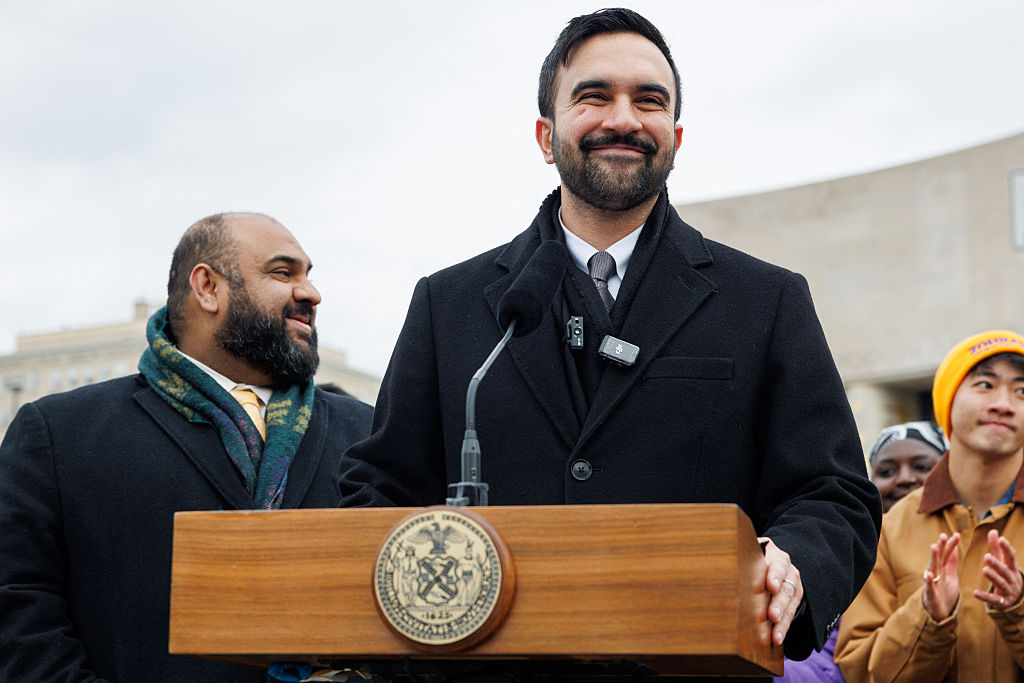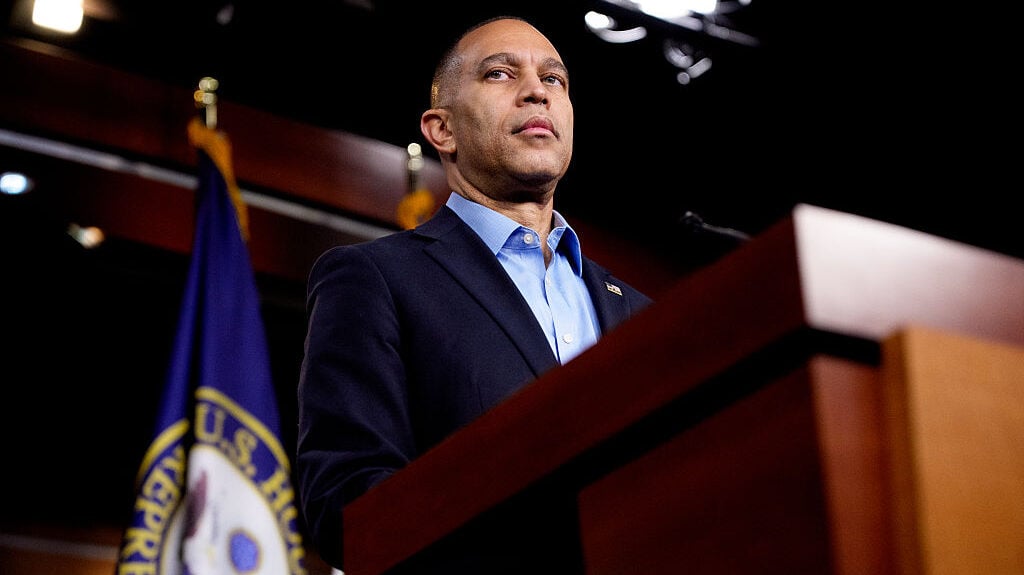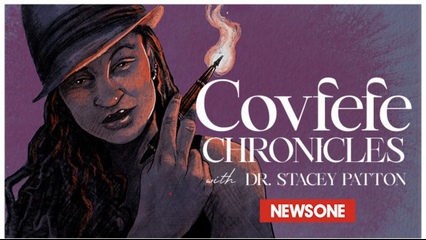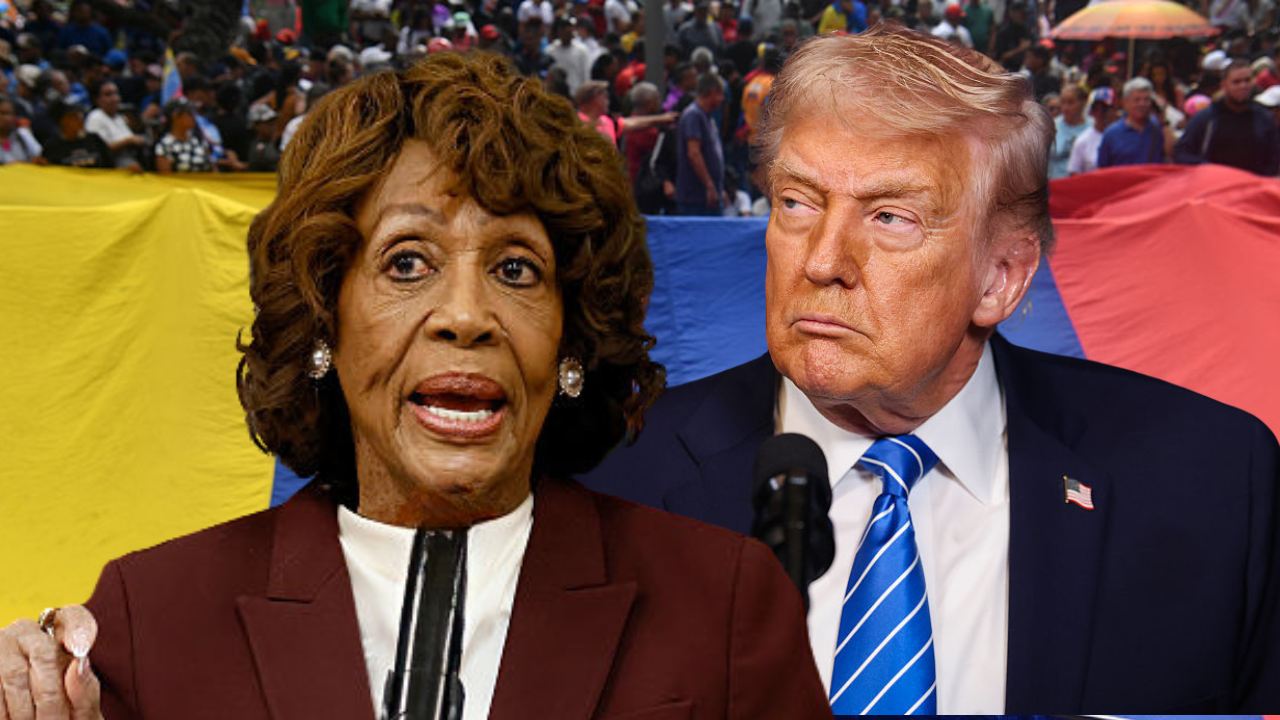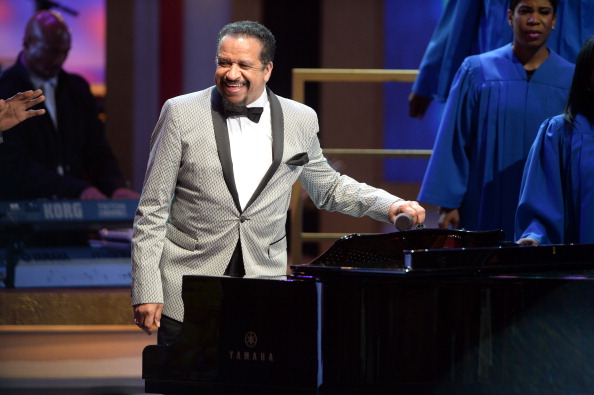Black people need more Martha’s Vineyards, and less internet fighting

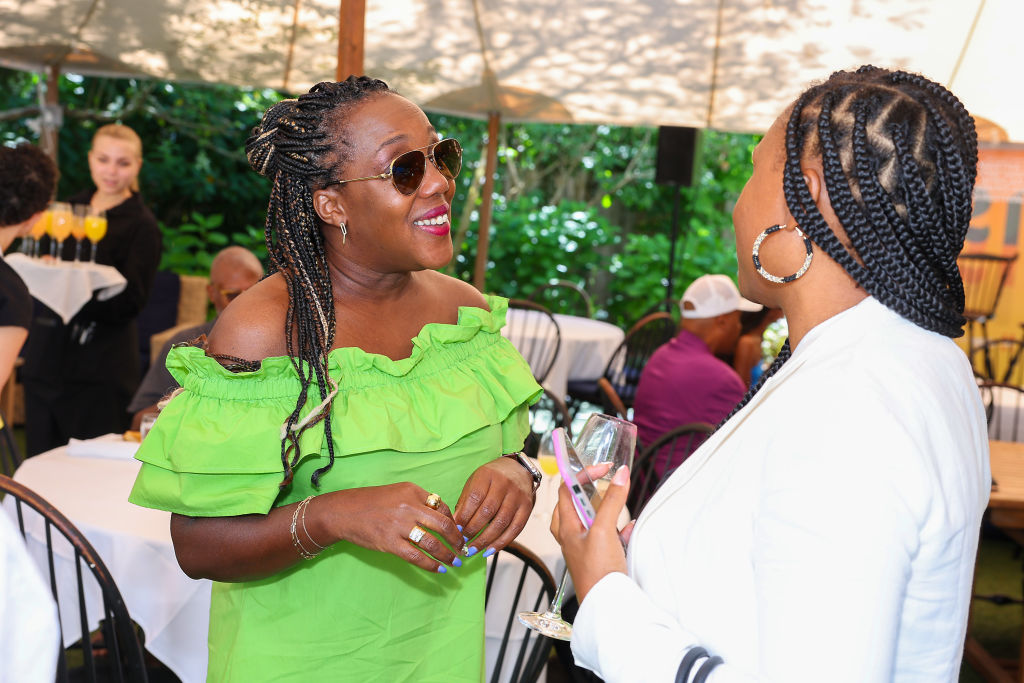
OPINION: “We keep arguing about who gets to come to the Vineyard, when we should be talking nonstop about how to bring the Vineyard’s spirit to us, in all of our Black enclaves,” writes entrepreneur Khadijah Robinson.
Editor’s note: The following article is an op-ed, and the views expressed are the author’s own. Read more opinions on theGrio.
This summer, Martha’s Vineyard found itself the subject of Black Threads debates. This time, multiple sparks fanned the flames.
One was a post by a Threads user claiming that the island was starting to feel like “a weekend in Atlanta”—as if that’s a bad thing. Putting aside the strong evidence that much of the social-media vitriol focused on Atlanta is anti-Black, the post and its reactions spoke volumes.
As someone who grew up in Savannah, Georgia (a city rich in Black history but with limited pathways for wealth-building), I know that our Blackness has layers and our interactions have history, all colored by everything from slavery and brown paper bags to redlining and Jack & Jill.
I’m also a Spelmanite, a Harvard-trained lawyer, a startup founder who has built and exited companies, and now someone with property in multiple states and network ties that qualify me on paper as Black elite, no matter how much I claim the C-Port or bump Pastor Troy. I started writing this while waiting on my flight to the Vineyard, and finished it after returning from the annual August in Martha’s.
On one hand, the comment about Atlanta vs. the Vineyard struck a nerve–and not just because of FILA (Forever I Love Atlanta). Atlanta is a city with more Black-owned businesses than anywhere in the U.S. and over 10,000 Black millionaires. Many of the very things we romanticize about Martha’s Vineyard — community, culture, Black excellence — are alive and thriving in Atlanta, too. Just not the exclusivity part. I argue that exclusivity is the worst aspect of Martha’s Vineyard, and it is the one we should seek to dismantle, not reinforce. If everybody can’t come, and if we’re not working to bring everyone along, what are we even doing?
Martha’s Vineyard, especially during August, has long been known as a playground for the Black elite, of which I now belong. It also has a vibrant history of Black homeowners, entrepreneurs, and community builders who turned places like Oak Bluffs into sanctuaries when few other spaces in America would welcome them.
This brings me to another spark of Martha’s Vineyard’s controversial conversation: the Ralph Lauren x Spelman & Morehouse Oak Bluffs collaboration. The release sparked another round of discourse. Some praised it as a respectful homage. Others dismissed it as cultural appropriation. Others asked, Why not buy Black?

As a Spelman alumna, I support all things that my Spelhouse family does to honor our institutions. I am also one of the most avid supporters of Black-owned businesses currently alive. I’m not even joking, Google it. Lanny Smith, founder of the Black-owned brand Actively Black, posted a thoughtful Instagram reel about the controversy. He argued that Black brands are building from below ground level, competing with skyscraper fashion brands, while being held to almost impossible standards. I felt his pain. I also think the RL collection, led by James M. Jeter, who is the first Black creative director at RL and a Morehouse grad, was executed with thought, collaboration, and intentionality. The models were from the community. The profits help fund scholarships for HBCU students. The storytelling around the collection highlights history in Oak Bluffs that should be honored.
I go out of my way to buy Black, and I prioritize it first. My closet is full of pieces from Black designers (including several outfits from Actively Black); I love my Brandon Blackwood bags, but I buy Ferragamo too. I think about building our community through ownership, connections, and reinvestment. And I also think about what I like and what makes me happy in these crazy times. Community counts on all of those things. At the center of it all is this: How do we uplift one another, across the board, everywhere? We can’t build sustainable power if we only show up for outrage, not for ownership.
I refuse to engage in either, or. I support Actively Black. I support James Jeter. I want to help create more of both.
Ultimately, what made Martha’s Vineyard matter to Black people in the first place wasn’t the ferry or the exclusivity — it was the community. The intergenerational porches. The unspoken tradition of passing homes and businesses down through Black families. The yard parties that turn into business deals, baby showers, political campaigns, and support for one another to continue to grow and own. These are the things that make Martha’s Vineyard sacred for Black folks — not the fact that it was expensive and exclusive.
We need that kind of community everywhere. In Savannah, the majority-Black city where I grew up. In Atlanta, where I now live. In Montgomery, where my parents made their home as alumni of HBCU Alabama State University. In Durham, N.C., where my family moved and flourished two generations after slavery. We keep arguing about who gets to come to the Vineyard, when we should be talking nonstop about how to bring the Vineyard’s spirit to us, in all of our Black enclaves, wherever we are. And we need to stop policing what Black joy and Black success look like and who all gets to be there, while forgetting to build more pathways for others to experience them.
Yes, Martha’s Vineyard is expensive and exclusionary. Yes, it holds a deep history for us. Yes, part of the annual trek to Martha’s Vineyard is to revel in the exclusive community. Yes, the community there is beautiful and vibrant, and based on ownership. Yes, we can critique classism in our community. Yes, we can wear Ralph Lauren and also buy Black.
Heck, I wish everywhere actually did feel more like a weekend in Atlanta, where you can live in Black neighborhoods and spend every dollar with a Black business if you want – and it wasn’t a plane, train, and automobile ride away like the Vineyard.
Now that we’ve recycled these arguments again for the umpteenth time, let’s turn the conversation to multiplying the Marthas. What we can’t afford to do is keep having the wrong conversations as a community that don’t build anything except resentments.
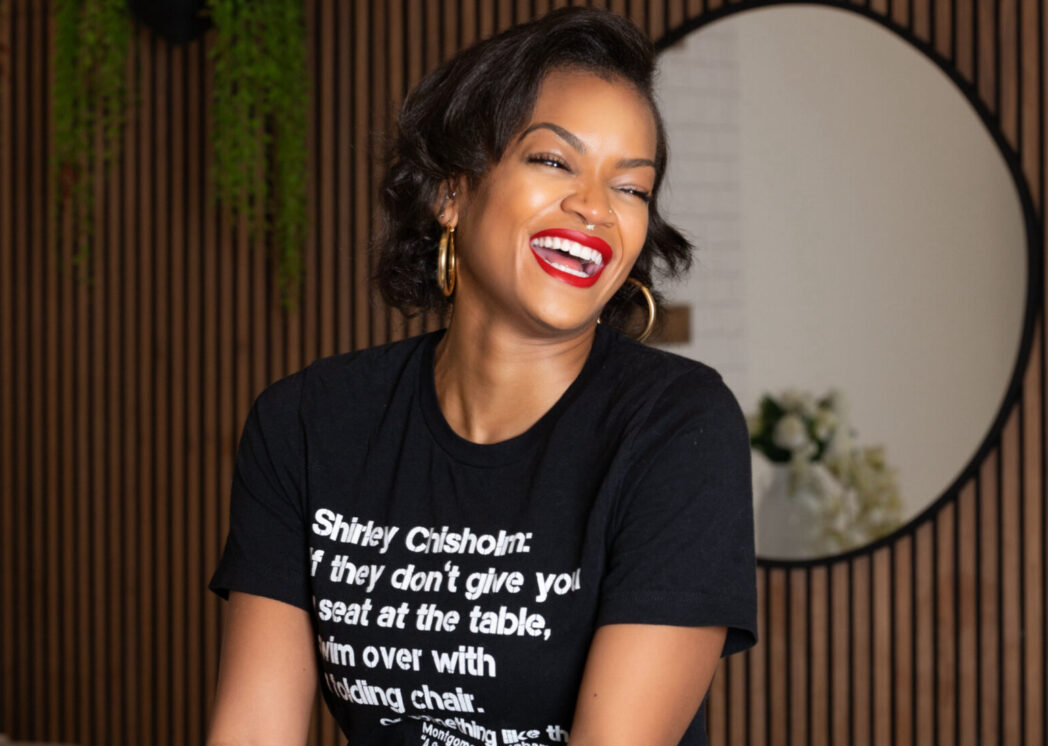
Khadijah Robinson is a Spelman College alumna, Harvard-trained lawyer, and serial entrepreneur who has built and exited two startups. Raised in Savannah, GA, she now calls Atlanta home, where she works at the intersection of culture, community, and commerce. Khadijah is a relentless supporter of Black-owned everything, and leader of a new venture capital fund, Fictive Ventures, aimed at opening venture capital for both Black investors and Black tech founders.
What's Your Reaction?
 Like
0
Like
0
 Dislike
0
Dislike
0
 Love
0
Love
0
 Funny
0
Funny
0
 Angry
0
Angry
0
 Sad
0
Sad
0
 Wow
0
Wow
0




